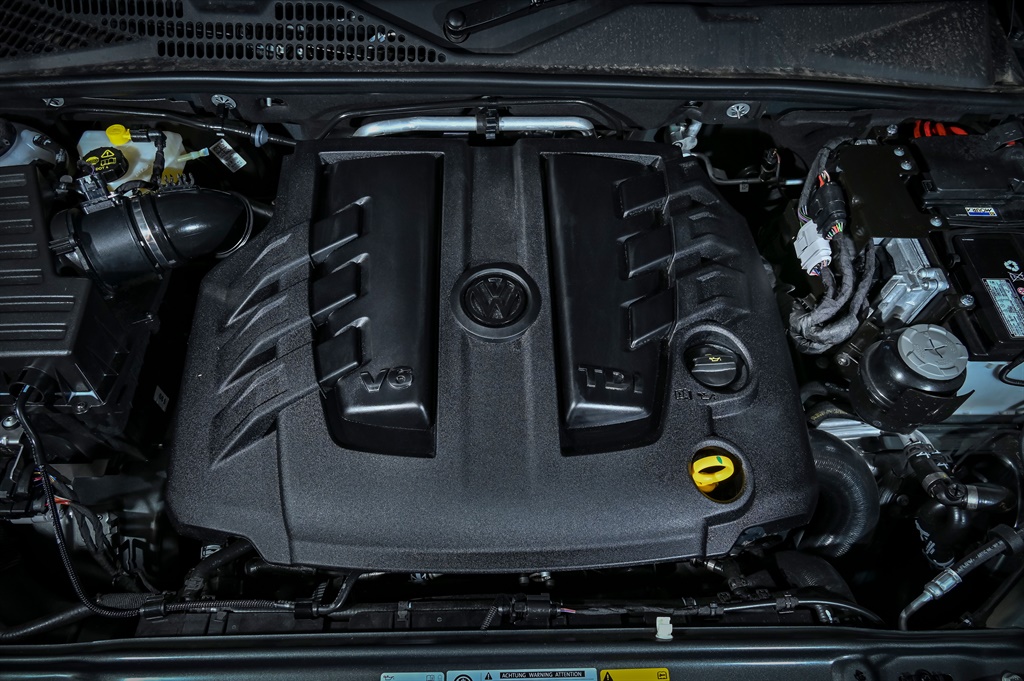Essential Factors To Consider and Tips for Picking the Right Engine for Your Needs
Selecting the appropriate engine is a complex choice that requires careful factor to consider of numerous elements to guarantee optimal efficiency for your details demands. The details of engine choice prolong beyond these basics, prompting a more detailed assessment of important aspects that can inevitably affect your complete satisfaction and success.
Determine Your Purpose
Establishing your objective is an essential primary step in picking the ideal engine for your requirements. Understanding the specific application you desire will certainly direct your decision-making procedure and make sure that you choose an engine that straightens with your operational needs. Whether you require an engine for a business automobile, industrial equipment, or a recreational task, each situation demands various performance characteristics and capacities.
Consider the atmosphere in which the engine will operate. Will it be subjected to hefty loads, severe temperatures, or long term usage? Assessing these aspects will assist you recognize the required power outcome, fuel performance, and longevity required to fulfill your goals.
Additionally, believe regarding the lasting ramifications of your choice. Budget plan constraints, maintenance needs, and accessibility of parts are necessary factors to consider that will certainly affect your general fulfillment and functional effectiveness.
Eventually, articulating your purpose will simplify the option procedure and equip you to make a notified decision. By clearly specifying your purposes, you can examine prospective engines better and choose one that not only fulfills your existing requirements however likewise supports your future objectives.
Evaluate Engine Specs
When you have clearly expressed your objective, the following step is to assess engine requirements. This procedure involves a thorough exam of different technical information that can dramatically affect performance and viability for your meant usage.
Begin by examining the engine's horsepower and torque rankings. Horsepower is crucial for establishing the engine's capability to perform job, while torque is vital for understanding exactly how well it can deal with hefty loads or velocity. Additionally, take into consideration the engine displacement, as it usually correlates with power output and effectiveness.
Next, take a look at the engine typeâEUR" whether it is a gasoline, diesel, or alternate fuel engineâEUR" as each type has distinctive qualities and applications. Pay attention to the engine's setup (e.g., inline, V-type), as this can influence size, weight, and total performance.
An additional important facet is the engine's air conditioning system, which can influence integrity and upkeep demands. Lastly, examine the manufacturer's track record and service warranty offerings, as these can offer insights into lasting efficiency and support. Thoroughly examining these specifications will assist make certain that you select an engine that lines up with your details requirements and functional goals.
Take Into Consideration Gas Efficiency
Fuel performance is an essential element to take into consideration when choosing an engine, as it directly influences functional costs and ecological sustainability. An engine's fuel effectiveness is typically gauged in miles per gallon (MPG) for vehicles or in certain fuel intake (SFC) for aircraft and marine engines. Greater fuel efficiency not only reduces the quantity of fuel consumed yet also lessens greenhouse gas discharges, making it a liable selection for eco-conscious consumers.
When reviewing engine Go Here options, it is important to evaluate the driving problems and planned usage. Engines optimized for freeway driving may show better fuel efficiency contrasted to those developed for stop-and-go web traffic. In addition, think about the engine's modern technology, such as turbocharging or crossbreed systems, which can significantly enhance fuel performance.

Assess Upkeep Requirements

Some engines may call for even more frequent oil changes, filter replacements, or specialized maintenance, which can influence your functional downtime. Engines with widespread appeal usually have much better components schedule, reducing lead times during repair work.
One more important facet is the technological knowledge required for maintenance. Some engines might demand customized training for specialists, which might restrict your choices for solution providers. Furthermore, evaluate whether the engine's design allows for easy access to components typically needing upkeep, as this can substantially influence labor prices.
Budget Plan Your Investment
Understanding upkeep demands is just one aspect of selecting the appropriate engine; economic considerations play an equally important duty (amarok engine for sale). Developing a clear budget plan is essential, as it influences not just the preliminary purchase rate however likewise long-term functional prices
When budgeting, think about both the upfront prices and continuous expenses such as fuel performance, upkeep, and potential fixings. A relatively budget friendly engine may incur higher costs over time as a result of poor gas economic climate or frequent upkeep needs. Additionally, review the schedule and price of extra components, along with the guarantees provided by makers, which can important link supply financial protection versus unforeseen expenditures.
It is also wise to consider possible financing choices or leasing arrangements, which can alleviate prompt monetary burdens. Balance your need for sophisticated attributes with your budget restrictions, making certain that you purchase an engine that meets your efficiency requires without compromising financial stability.
Inevitably, a well-rounded budget plan will certainly encourage you to make informed decisions, aligning your engine choice with both your functional needs and financial capabilities, bring about a more lasting investment in the future.

Verdict
In conclusion, selecting the appropriate engine demands a thorough understanding of details needs and applications. Mindful examination of engine specs, fuel performance, and upkeep requirements is important for informed decision-making.
Gas effectiveness is an important element to consider when picking an engine, as it straight influences operational costs and ecological sustainability. An engine's fuel efficiency is commonly determined in miles per gallon (MPG) for vehicles or in details gas consumption (SFC) for airplane and marine engines. Diesel engines generally give much better fuel performance than gas engines. Ultimately, choosing an engine with a strong emphasis on fuel performance can lead to considerable lasting cost savings and add hop over to these guys favorably to environmental initiatives. Mindful analysis of engine requirements, fuel effectiveness, and upkeep requirements is necessary for notified decision-making.